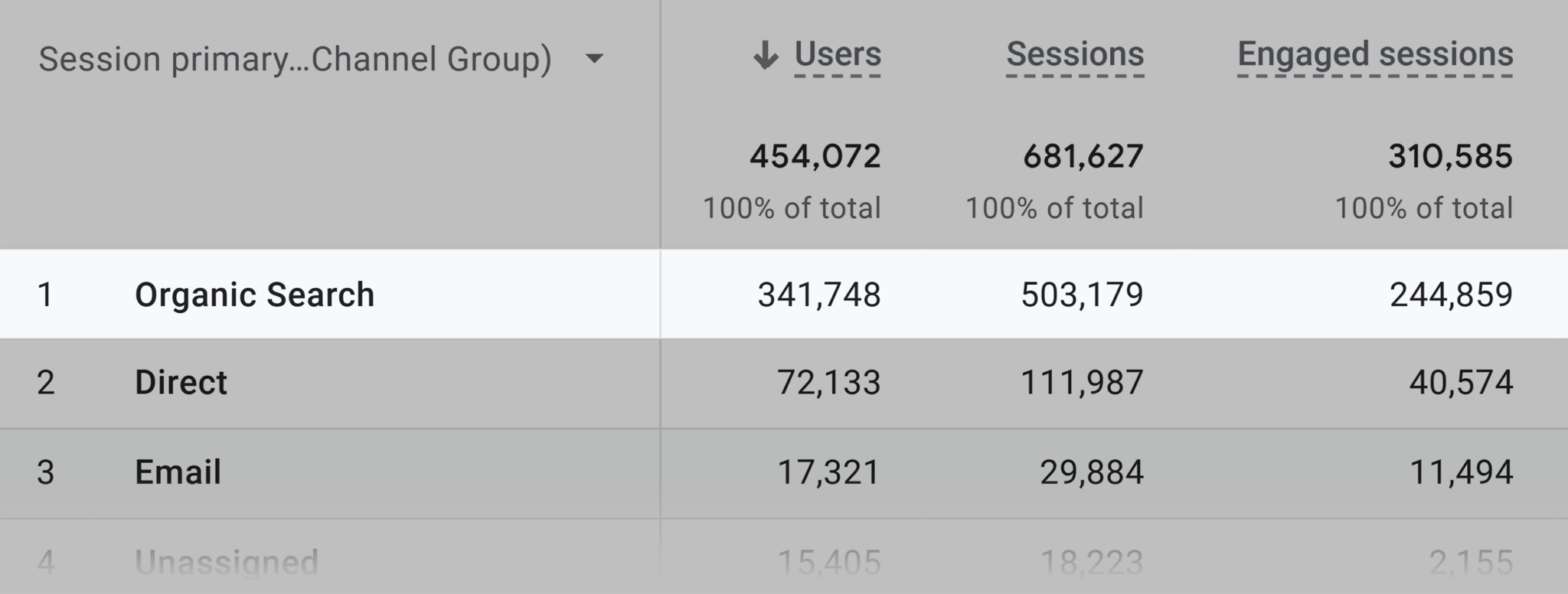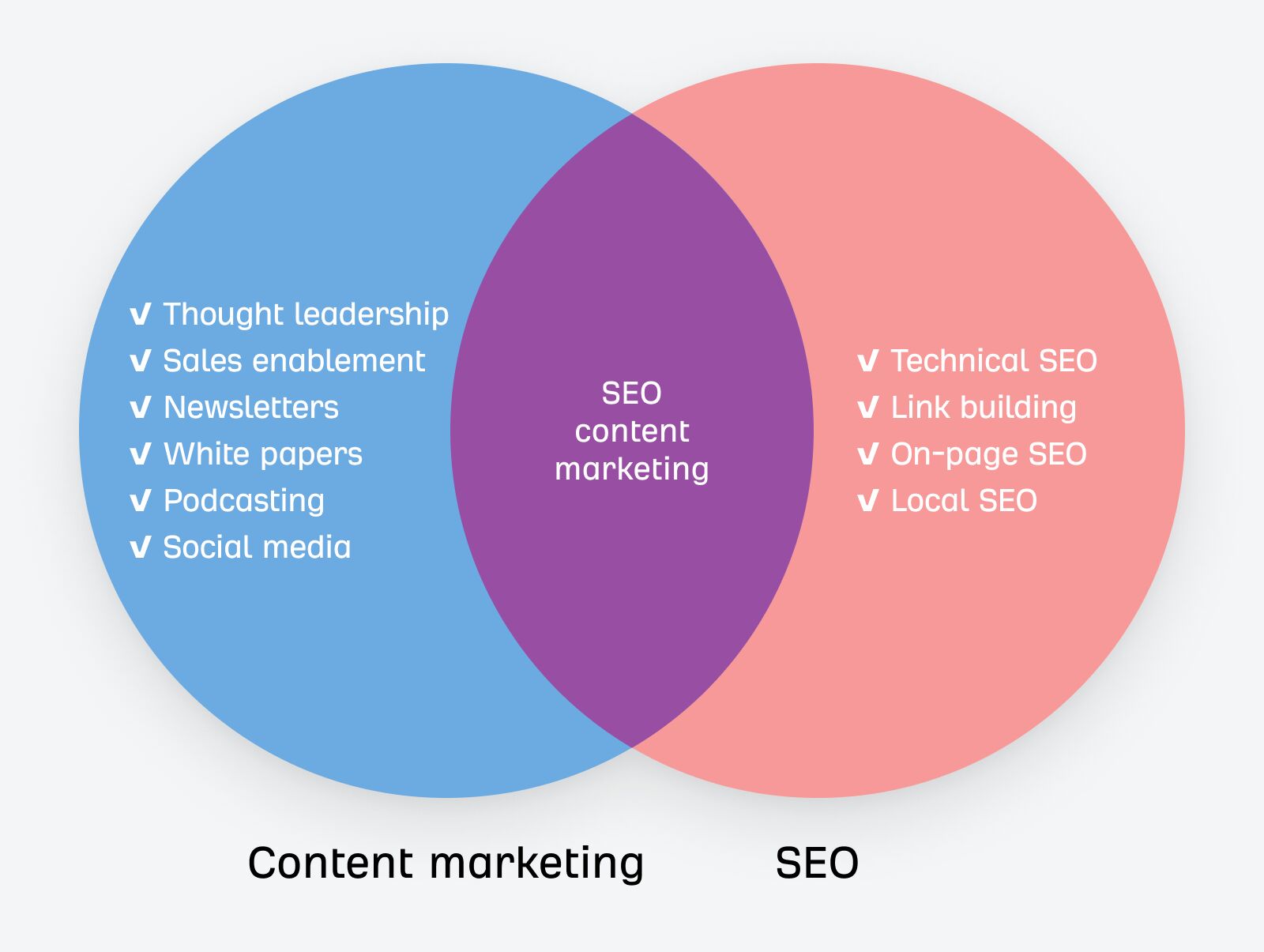Page speed is the rate at which all elements of your website load on a given page. This is usually calculated starting when a page address is entered to the second it is fully rendered.
Not to be confused with site speed, page speed is just that: the time it takes to load a single, specific page. Site speed is calculated by averaging the load time speed of all domain pages.
Why Page Speed Matters
Page speed can have a direct impact on your bottom line by lowering your conversion rate. The longer a page takes to load, the higher a page’s bounce rate will be.
A visitor is typically considered a “bounce” if they visit your page and then leave without any further actions, like clicking a link or visiting another page. They “bounce” off of your page almost immediately and are unlikely to return if the user experience (UX) has left them frustrated, confused, or convinced that your page doesn’t have the type of content they need.
Overall, the ideal loading time for any page is 2.5 seconds or less. While visitors to non-commerce sites tend to be more forgiving and stick around for up to three seconds of load time, it’s best to optimize your page speed to be as fast as possible. Addressing your page speed solves as much for your SEO needs as it does for your UX.
Impact on UX
We’ve all been there, trying to access a website that takes what feels like an eternity to load. Visitors expect your website to load fast and work properly on their device of their choosing. A slowly loading page gives the user a poor experience and opens the door to poor opinions toward your company’s professionalism and authority. And as you’ll read later, Google is looking for ways to better measure UX and perceived page speed, not just measured page speed.
Impact on SEO
One of the most important reasons that page speed matters is its impact on SEO. A slow-loading webpage will lower a site’s ranking on search engines. Google wants to change the shape of how people make pages on the internet, and they’re looking for the best possible user experience first and foremost. When any search engine refers a visitor to a website they want to share quality results.
Google’s Core Web Vitals and Page Experience
Page speed is more important than ever, and effectively measuring it continues to grow in complexity. As Google rolls out their Core Web Vitals update and the new page experience metrics that go along with it, measuring page speed is becoming more complex.
Google’s existing search signals for page experience include mobile friendliness, safe browsing, HTTPS, and the presence of intrusive interstitials. The new page experience metrics include loading (Largest Content Paint, LCP), interactivity (First Input Delay, FID), and visual stability (Cumulative Layout Shift, CLS).
All of these metrics are related to page speed, SEO, and your user’s experience.
The Usual Suspects of Reduced Page Speed
There are two main areas that are the most common culprits when it comes to a page having slow speed: media and coding.
Media
What size and what format are your videos and images in? For example, if you have a video embedded on your site outside of a lightbox or without lazy loading, there’s a good chance that loading that video is seriously slowing down your page speed. Maybe you have a large banner image at the top that’s a high-res PNG that weighs in at a whopping two megabytes? You’ll definitely want to reduce that image size using a tool like TinyPNG.
Coding
Often there are lines upon lines of JavaScript that can be minimized and CSS that can be combined to lighten the weight of your website by streamlining the back end. Minimizing JavaScript means removing whitespace and characters like semicolons, and it can also include shortening functions and their names. Combining external CSS files into one main file enables a visitor’s browser to make one request for a CSS file instead of many, thus speeding up the loading process.
Page Speed Tools
Now that you have more information on what page speed is and why it matters, where should you start? There are a few tools you can use on your own to audit your page speed and page experience.
Google PageSpeed Insights
Google’s own tools are the best place to start when first addressing your website’s performance. Simply enter the URL you’re working on, and a straightforward report that measures FCP, FID, LCP, CLS, and more will pop up. Color-coded, easy to understand visuals give you a quick idea of what areas need to be addressed to improve page speed and overall performance as measured by Google.
GTmetrix Website Performance Report
This free website performance tool from GTmetrix is a great way to get a big-picture look at your site’s performance. Just plug in your site’s URL and you’ll get a detailed report that grades your overall site performance, structure, web vitals (LCP, CLS), and much more.
HubSpot Website Grader
HubSpot’s free Website Grader examines four main areas of your website: overall performance, SEO, mobile, and security. Their report is graphically pleasing with witty verbiage, and it provides a satisfying user experience as you explore the strengths and weaknesses of your site. At the end of their report, there is a clear recommendation for next steps, depending on your site’s needs.
Ultimately, your website is your organization’s front door to the world. It is worth investing in a welcoming space for your current customers and prospects—not to mention the benefit to your sales and marketing teams, which will be better equipped to reach and meet the needs of those leads.
Content Copyrights Belong to The Author. All Rights Reserved.
We're A Dallas Digital Marketing Agency That is Experts At Social Media Marketing, Website Design and Emarketing and Promotion.




